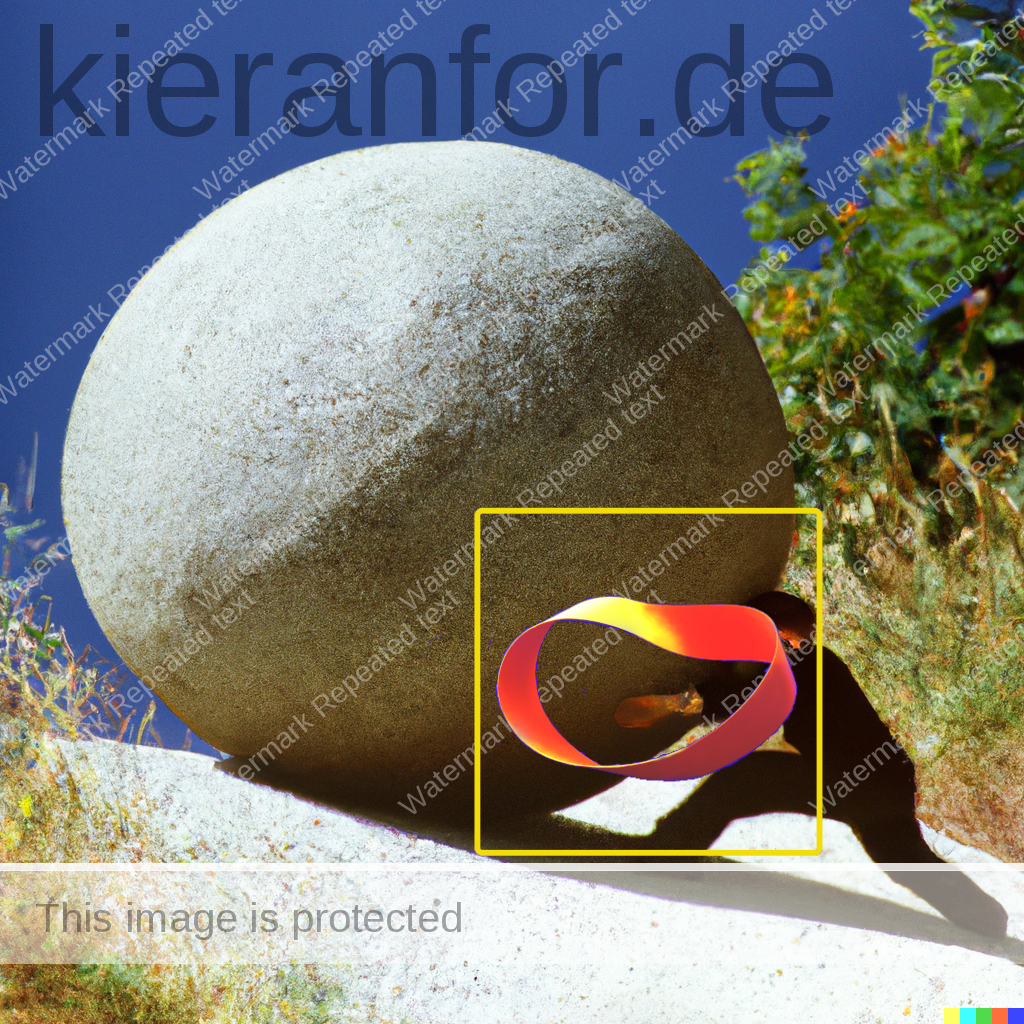Header image: KF in Dall-E
Gesine Borcherdt 02 December 2021 ArtReview
https://artreview.com/byung-chul-han-i-practise-philosophy-as-art/
Byung-Chul Han Undinge proposes that the age of objects is over. The terrane order, the order of the Earth, consists of objects that take on a permanent form and provide a stable environment for human habitation. Today the terrane order has been replaced by the digital order. The digital order makes the world less tangible by informatising it. Nonobjects are currently entering our environment from all sides and displacing objects.
╬
I call nonobjects information. Today we are in the transition from the age of objects to the age of nonobjects. Information, not objects, now defines our environment. We no longer occupy earth and sky but Google Earth and the Cloud.
╬
Digitalisation dematerialises, disembodies and eventually strips away the substantiality of our world. It also eliminates memories. Rather than keeping track of memories, we amass data and information. We have all become infomaniacs. This infomania makes objects disappear.
╬
The smartphone is the devotional object of the digital-information regime. As a tool of repression it acts like a rosary, which in its handiness the mobile device represents. To ‘like’ is to pray digitally. We continue to go to confession. We expose ourselves voluntarily, yet we’re no longer asking for forgiveness, but rather for attention.
╬
That’s how the smartphone amplifies our ego. We subjugate the world to our needs with a few swipes. The world appears to us in the digital light of complete availability. Unavailability is precisely what makes the other other, and so it disappears. Robbed of its otherness, it is now merely consumable…It makes the other obtainable by objectifying it. It turns a you into an it. This disappearance of the other is precisely why the smartphone makes us lonely.
╬
Information has very little currency. It lacks temporal stability, since it lives off the excitement of surprise. Due to its temporal instability, it fragments perception. It throws us into a continuous frenzy of topicality. Hence it’s impossible to linger on information. That’s how it differs from objects.
╬
At the core of my books The Burnout Society [2010] and Psychopolitics [2017] lies the understanding that Foucault’s analysis of the disciplinary society can no longer explain our present.
The disciplinary regime works with commands and restraints. It is oppressive. It suppresses freedom. The neoliberal regime on the other hand is not oppressive, but seductive and permissive. It exploits freedom instead of suppressing it. We voluntarily and passionately exploit ourselves believing that we fulfil ourselves.
╬
AR In Undinge you write, ‘We save masses of data, yet never return to the memories. We accumulate friends and followers, without encountering an other.’ Similar incantations were heard at the time of the invention of the letterpress and later newspaper and television… Could it be that you are catastrophising the situation?
- In The Expulsion of the Other [2016] I contrasted increasing narcissism with the art of listening.
- Psychopolitics proposes idiotism as a utopian figure against complete interconnectedness and complete surveillance. An idiot is someone who is not networked.
- In The Agony of Eros [2012] I propose that only Eros is capable of defeating depression.
- The Scent of Time [2014] articulates an art of lingering.
My books analyse the malaises of our society and propose concepts to overcome them.
╬
AR Another book of yours is called The Disappearance of Rituals [2020]. How do rituals, people and objects help to root us in our lives? Can we not manage by ourselves?
Rituals are architectures of time, structuring and stabilising life, and they are on the wane
Time today lacks a solid structure. It is not a house, but a capricious river. The disappearance of rituals does not simply mean that we have more freedom. The total flexibilisation of life brings loss, too. Rituals may restrict freedom, but they structure and stabilise life. They anchor values and symbolic systems in the body, reinforcing community. In rituals we experience community, communal closeness, physically.
╬
Today we reject all rituals as something external, formal and therefore inauthentic. Neoliberalism produces a culture of authenticity, which places the ego at its centre. The culture of authenticity develops a suspicion of ritualised forms of interaction. Only spontaneous emotions, subjective states, are authentic. Modelled behaviour, for example courtesy, is written off as inauthentic or superficial. The narcissistic cult of authenticity is partly responsible for the increasing brutality of society.
╬
I think trust is a social practice, and today it is being replaced by transparency and information. Trust enables us to build positive relationships with others, despite lacking knowledge. In a transparency society, one immediately asks for information from others. Trust as a social practice becomes superfluous. The transparency and information society fosters a society of distrust.

